No matter how the international situation changes, China will continue to be a stabilizing force in a turbulent world, China's top diplomat Wang Yi said on Saturday at the Munich Security Conference 2024, which is being held from Friday to Sunday.
Foreign Minister Wang Yi, also a member of the Political Bureau of the Communist Party of China Central Committee, said that China is a stabilizing force in terms of promoting cooperation between major powers, addressing global hotspot issues, enhancing global governance and accelerating global economic growth.
While Western countries are concerned about a "lose-lose" situation, China has provided stable policy expectations, acted as a responsible major power and promoted win-win cooperation with its governance wisdom as well as initiatives and proposals, analysts said.
Security prospects
Dubbed the "Davos of defense," the annual Munich Security Conference kicked off in the German city on Friday, gathering an estimated 60 heads of state and over 85 government officials to discuss ongoing conflicts and potential future ones, according to media reports.
"The global community is more fragmented and divided than at any time during the past 75 years," said UN Secretary-General António Guterres, highlighting the need for "a global order that works for everyone".
Guterres said if countries fulfilled their obligations under the UN Charter, every person on Earth would live in peace and dignity. However, governments are ignoring these commitments, and millions of civilians are paying a terrible price, with record numbers forced to flee.
In his speech, Wang noted that the UN's authority and central role must not be weakened and far from being outdated, the UN Charter is even more important today. Enhancing multilateralism is the joint call amid challenges of protectionism and power politics.
When elaborating on China's "stabilizer" role in major power relations, Wang cited the management of China-U.S. relations on right track and the China-Russia relationship on the basis of no-alliance, no-confrontation and no-targeting of any third party.
A stable, close China-Europe relationship not only helps bring mutual success, but also illuminates the world, Wang said, calling on the two sides to overcome the disturbances of geopolitics and ideology, insist on positions as partners and not rivals, and jointly inject positivity into a turbulent world.
Those remarks are important for eliminating misunderstandings, reiterating China's political stance on the Russian-Ukrainian conflict, Miao Lu, cofounder and secretary-general of the nongovernment think tank Center for China and Globalization, told the Global Times after listening to Wang's speech on site, noting that it is crucial for China's image and the trajectory for addressing the conflict.
China, which is not an involved party, has been proactively facilitating consensus building and creating conditions for peace talks. It should not be blamed for the prolonged war and the pressure to end the conflict should not be placed on China, observers said.
On hotspot issues, Wang also mentioned China's role in facilitating a political settlement of the Israeli-Palestinian conflict and the Ukraine crisis, and mediating in the north Myanmar crisis. He stressed that China has responsibly managed disputes with neighbors in the South China Sea.
Noting that China's economy remains vital and resilient, Wang vowed China will open wider, provide a better business environment for global companies and offer convenience to personnel exchanges. "The next China is still China."
China's development results in the increase of a peacekeeping force, the strengthening of stability and the expansion of the free market, Wang noted.
Wang's remarks delivered a clear message that China believes only through unity and cooperation among all parties can we make a bigger cake and achieve win-win outcomes. Getting stuck in a mindset of competition and only focusing on relative gains are self-destructive and undermine common interests, conference participant Sun Chenghao, a research fellow at the Center for International Security and Strategy in Tsinghua University, told the Global Times on Saturday.
Western anxiety
"Lose-lose" is the key word for this year's conference and appeared frequently in the 2024 Munich Security Report published ahead of the event, which according to observers indicated the West's growing anxiety over the current international situation.
Europe, continuing the tone in the 2023 conference, which called China "a significant concern but is considered less of a threat than Russia by all countries, including Japan and the U.S.," again pulled out the "China threat" card in the 2024 edition.
In new and non-sovereign domains that significantly impact security, such as space, deep sea and cyberspace, the West is also creating a "China-threat" narrative, as they claimed that such threats are more subtle, systematic, and challenging compared to more tangible security challenges like those posed by Russia, Wang Yiwei, director of the Institute of International Affairs at the Renmin University of China, who is currently attending the conference in Germany, told the Global Times on Saturday.
It was nothing more than an old trick of establishing an external imagined enemy to cover up the hollowness and irrelevance of the Western security vision, observers said.
Europe is pessimistic about international security reality and pins its hopes on transatlantic solidarity, Sun told the Global Times on Saturday.
Sun noted that many topics this year revolve around the "lose-lose" mindset - Western countries are more concerned about their relative gains rather than seeking mutual benefits as before, which could undermine global cooperation and the existing international order, Sun said.
Warwick Powell, former policy advisor to Kevin Rudd, told the Global Times that the 2024 Munich Security Report reflects a diminution of collective Western power. It displays an anxiety from the traditional Western colonial powers - the world is changing around them, and they are no longer in total control over these changes.
Li Haidong, a professor at the China Foreign Affairs University, further elaborated that whether it's the Russia-Ukraine conflict or the Israeli-Palestinian conflict, the West cannot lead, let alone have the final say.
However, those Western countries believe that it's better to maintain dominance in a lose-lose situation than concede to an international landscape featuring equality, reciprocity, and inclusiveness, Li told the Global Times on Saturday.
It is tragic that the West, whose mishandling of international affairs led to many of the current conflicts, shifts blame to non-Western countries without self-reflection, Li said.
Analysts noted that while the UN and countries like China advocate for indivisible security, the U.S.-led West forms small cliques to extend its influence, noting that the two designs are inherently contradictory. Security challenges stem from the differences between "the principle of indivisible security" and the "alliance-driven camp confrontation."








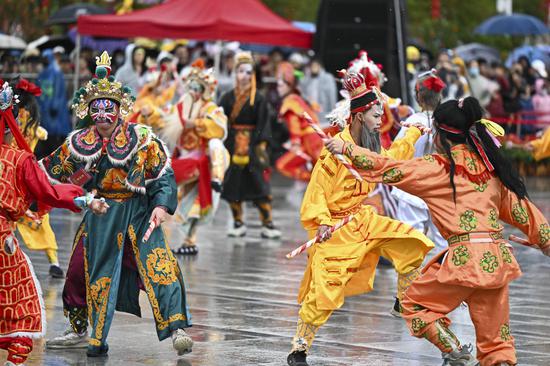

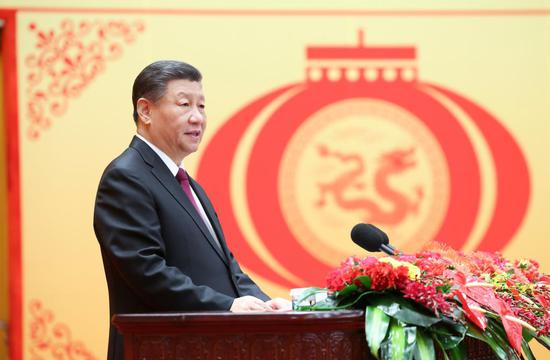
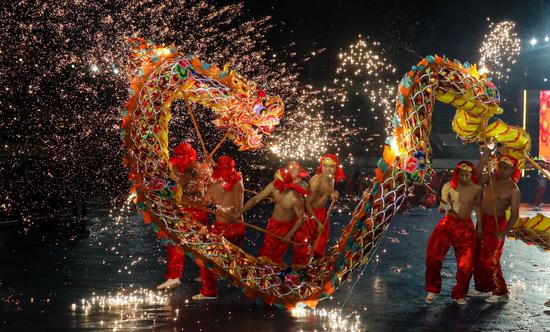




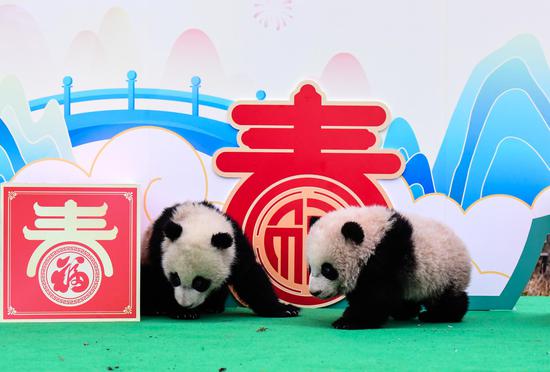




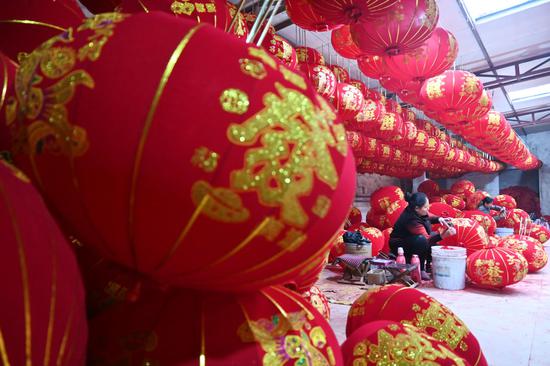
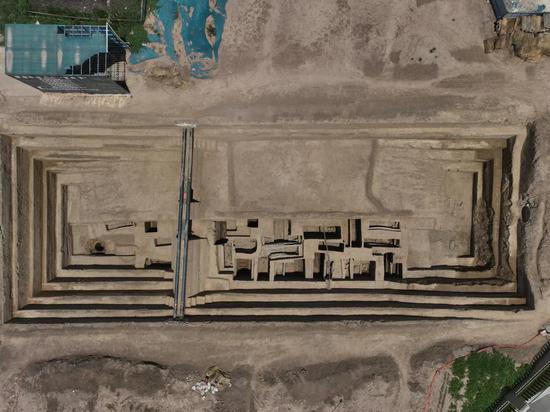
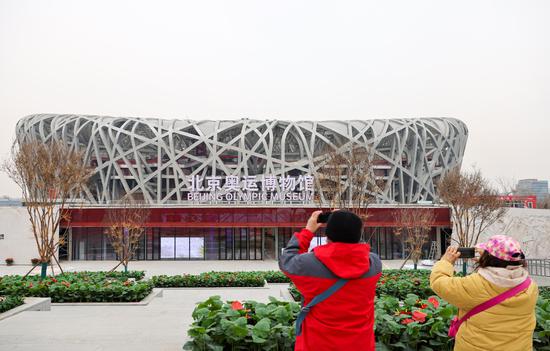
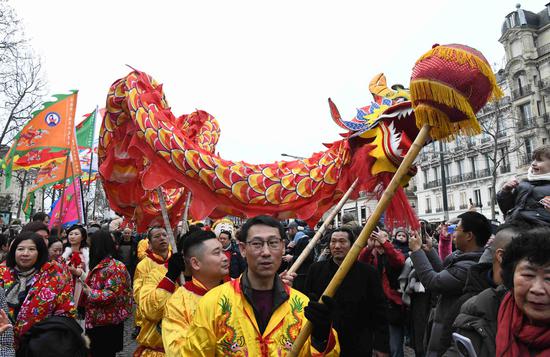
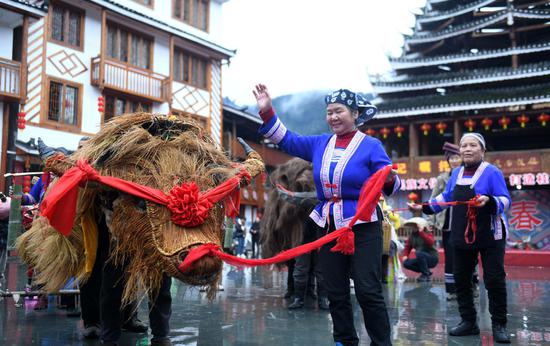
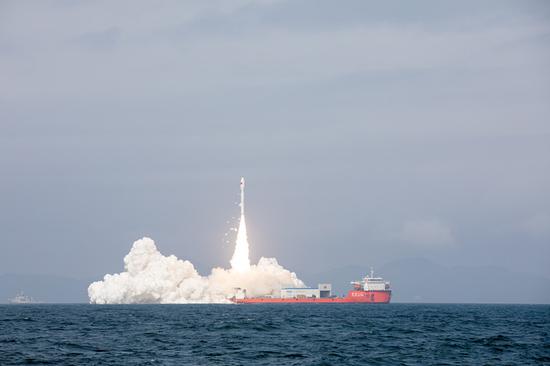


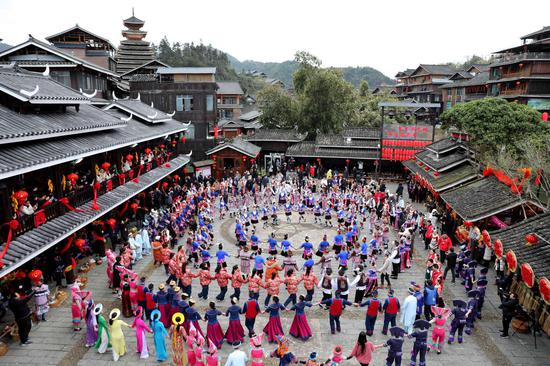
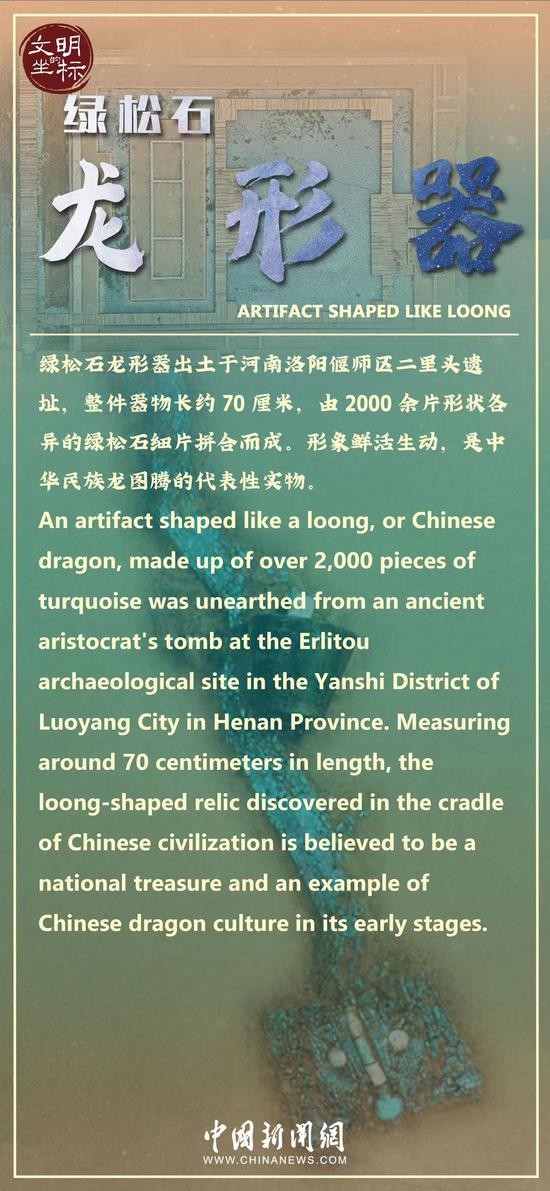
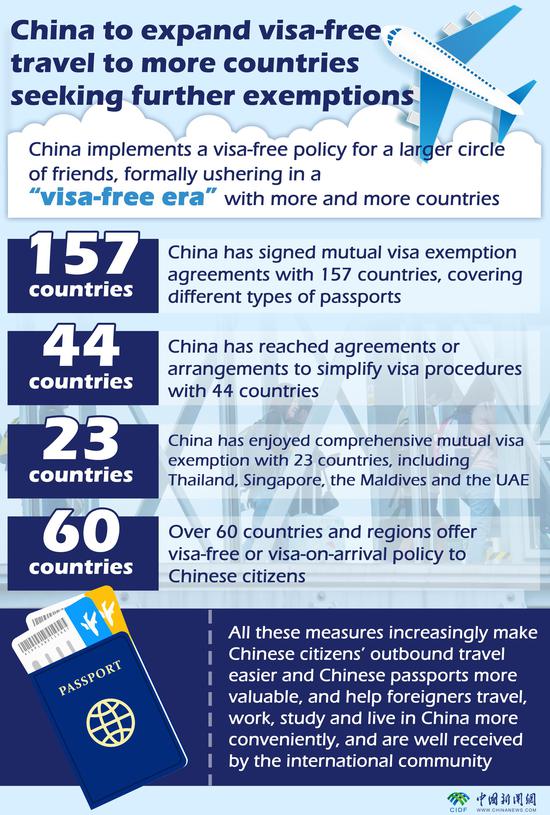
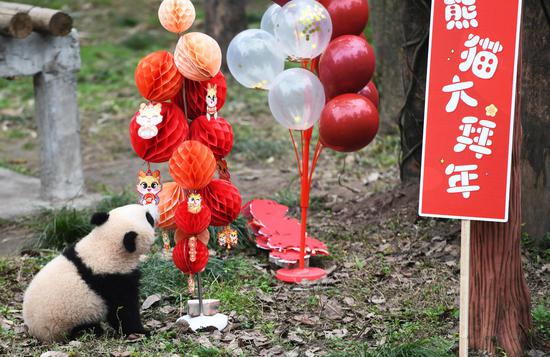
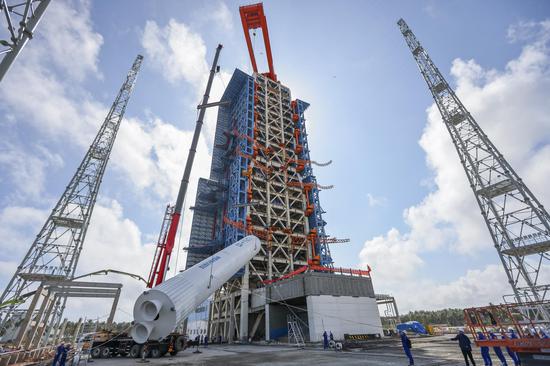
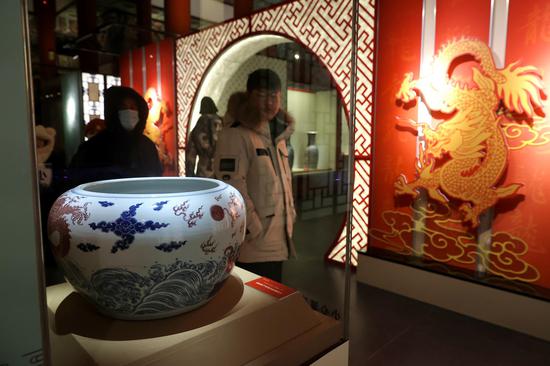


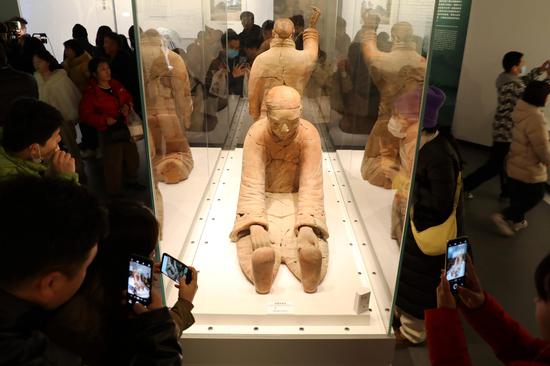
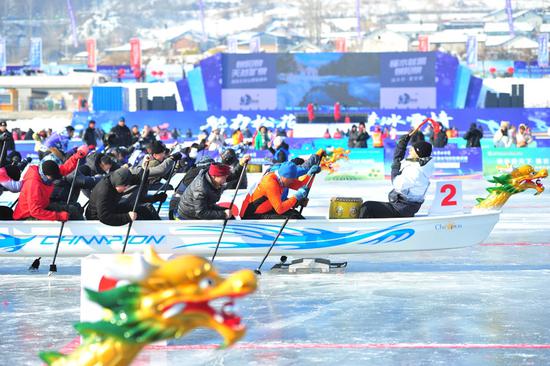


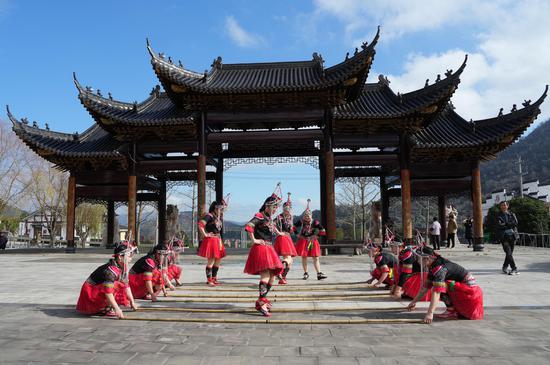
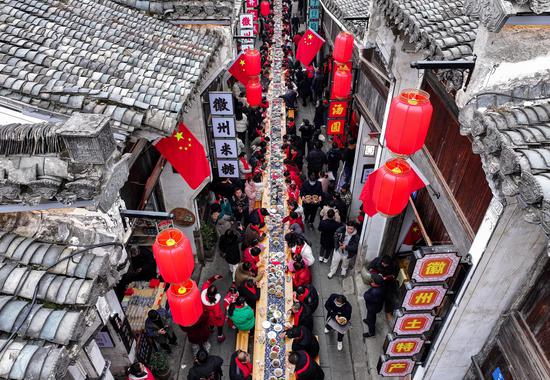
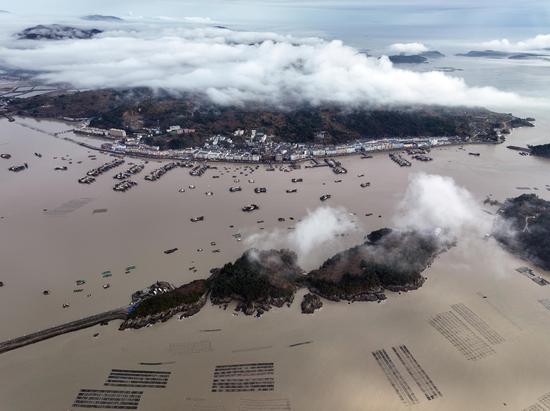
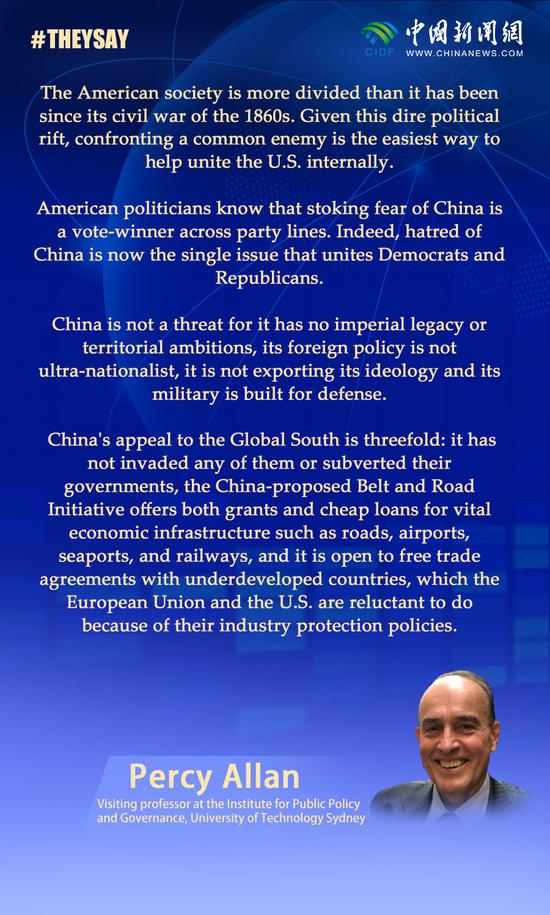





 京公网安备 11010202009201号
京公网安备 11010202009201号